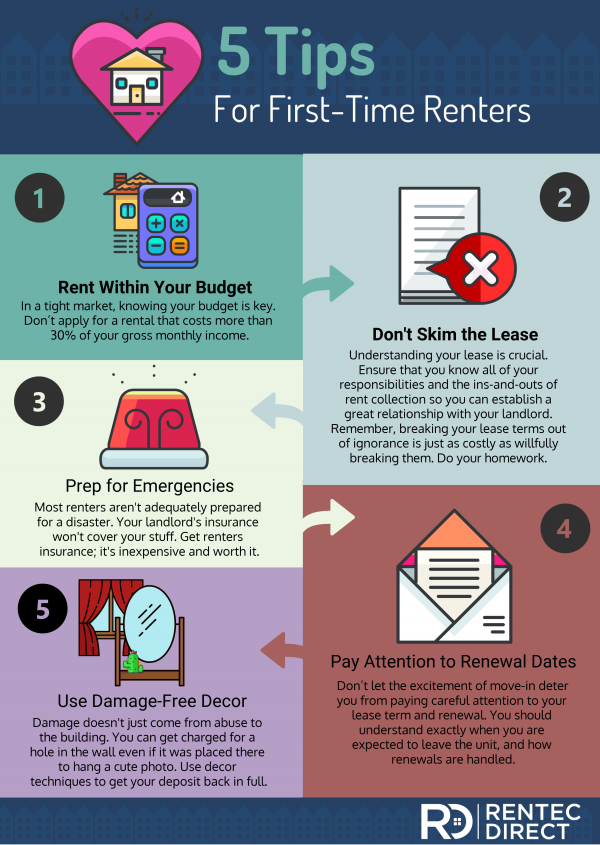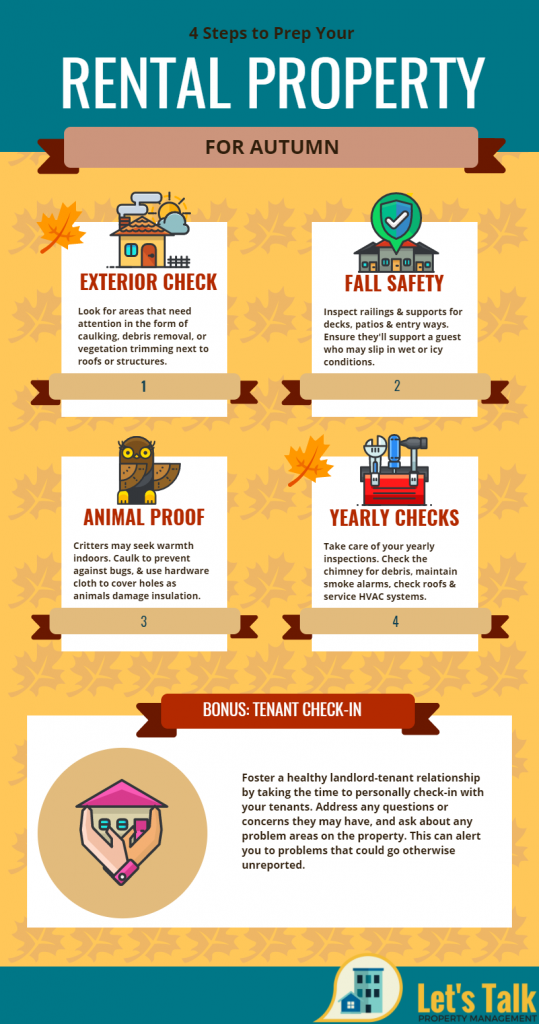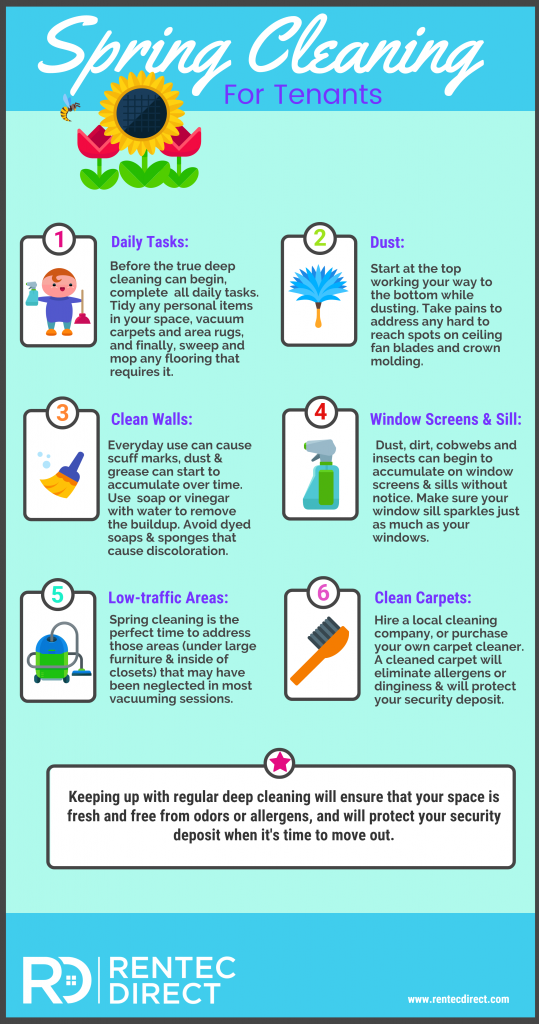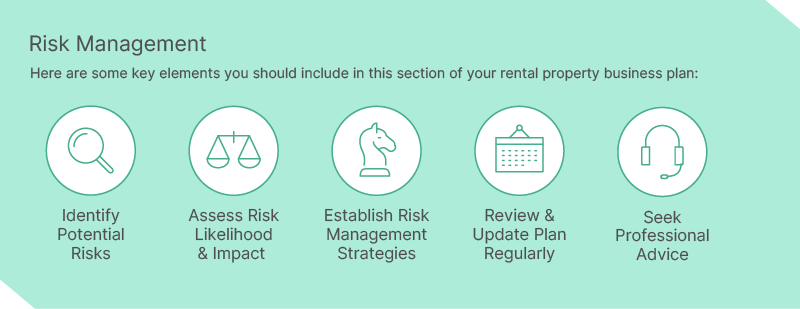Discover the keys to becoming a rental management master with these essential tips for success in the property industry.

Image courtesy of George Becker via Pexels
Table of Contents
- Introduction: Stepping into Rental Mastery
- Understanding the Basics of Rental Properties
- Establishing Your Goals: Vision for Your Rental
- Getting the Right Tenants
- Dealing with Day-to-Day Tasks
- Financial Planning for Your Rental Property
- Building Relationships with Tenants
- Leveraging Technology
- Staying Legal and Compliant
- Dealing with Challenges
- Conclusion: Perfecting Your Strategy
- FAQs
Introduction: Stepping into Rental Mastery
Welcome to the exciting world of managing rental properties! If you’re interested in learning how to make the most out of your rental investments and become a successful property manager, you’ve come to the right place. By mastering key management tips, you can ensure smooth operations, happy tenants, and a profitable rental business.
Managing rental investments involves more than just owning a property and collecting rent. It requires a strategic approach, effective communication skills, and a good understanding of the responsibilities that come with being a property manager. Throughout this guide, we will explore essential tips and best practices to help you navigate the world of rental management successfully.
So, let’s dive in and discover the key strategies that will set you on the path to rental mastery!
Understanding the Basics of Rental Properties
Before diving into the world of managing rental properties, it’s essential to grasp the basics of what they are and how they can become a lucrative source of income. Rental properties, also known as “income properties,” are real estate properties that are leased or rented out to tenants. These properties can range from single-family homes, apartments, condos, and even commercial spaces.
What Is a Rental Property?
When you hear the term “rental property,” it refers to a property that is owned by an individual or a company and is leased or rented out to others who pay a set amount of money, known as rent, for the right to occupy and use the property. This rental agreement typically outlines the terms and conditions of the lease, including the duration of the lease, rent amount, responsibilities of both the landlord and the tenant, and any rules or regulations that must be followed.
Establishing Your Goals: Vision for Your Rental
In order to be successful in managing a rental property, it’s important to define your goals and create a clear vision for the future. Setting specific objectives will guide your property management strategies and help you achieve long-term success. Let’s explore how having a vision can benefit your rental property.

Image courtesy of www.rentecdirect.com via Google Images
Creating a Roadmap for Success
One of the first steps in establishing your goals for your rental property is creating a roadmap for success. This involves outlining your objectives and defining the steps you need to take to reach them. By setting achievable targets, you can measure your progress and make adjustments as needed to stay on track.
Having a clear plan in place will not only keep you focused on your goals but also provide a sense of direction for your property management efforts. Whether your aim is to increase rental income, improve tenant satisfaction, or expand your portfolio, a well-defined roadmap will help you stay organized and motivated.
Getting the Right Tenants
When you own a rental property, finding the right tenants is crucial for a successful and smooth rental experience. Here, we will discuss key strategies for selecting the best occupants for your property.
Screening Tenants Effectively
One of the most important steps in finding the right tenants is through a thorough screening process. This involves reviewing potential tenants’ rental history, employment status, and credit background. By conducting detailed background checks, you can ensure that your tenants are reliable and capable of meeting rent obligations on time.
Additionally, it’s essential to verify the references provided by potential tenants. Contacting previous landlords can offer valuable insights into their behavior and reliability as renters. This step can help you avoid future problems and ensure that you’re renting to responsible individuals.
Dealing with Day-to-Day Tasks
When it comes to managing a rental property, there are certain day-to-day tasks that are crucial for ensuring everything runs smoothly. By paying attention to these operational details, you can maintain a well-functioning property and keep your tenants happy.

Image courtesy of www.rentecdirect.com via Google Images
Routine Maintenance and Its Significance
One of the most important aspects of managing a rental property is performing routine maintenance. This includes tasks like fixing leaky faucets, painting walls, and checking for any signs of wear and tear. By staying on top of maintenance, you can prevent small issues from turning into big problems that could cost you time and money.
Regular maintenance also shows your tenants that you care about the property and their well-being. It creates a positive living environment and can lead to longer tenancy periods and better relationships with your renters.
Financial Planning for Your Rental Property
When you decide to become a property manager, it’s crucial to have a solid financial plan in place to ensure the success of your rental property. Proper financial planning involves setting the right rent price and budgeting for expenses effectively. Let’s explore these key aspects further:
Setting the Right Rent Price
Setting the right rent price for your property is essential to attract tenants while also ensuring profitability. Before determining the rent, research similar properties in the area to gauge the market rates. Take into account factors like the property’s size, amenities, and location.
It’s important to strike a balance between setting a competitive rent price to attract tenants and generating enough income to cover expenses and generate a profit. Remember that pricing too high may lead to vacancies, while pricing too low could result in financial strain.
Budgeting for Expenses
Managing a rental property involves various expenses that need to be factored into your financial plan. Budgeting for expenses is essential to avoid financial surprises and maintain the property’s upkeep. Some common expenses associated with rental properties include:
- Mortgage payments or property taxes
- Insurance premiums
- Utilities not covered by tenants
- Maintenance and repairs
- Property management fees, if applicable
Creating a detailed budget that accounts for both regular expenses and unexpected costs can help you stay on top of your finances and ensure the long-term success of your rental property.
Building Relationships with Tenants
Building positive relationships with your tenants is crucial for successful rental property management. When tenants feel valued and respected, they are more likely to communicate effectively and take care of the property. Here are some tips to help you cultivate strong relationships with your tenants.

Image courtesy of www.rentecdirect.com via Google Images
Communication is Key
Effective communication is the foundation of a good tenant-landlord relationship. Be open, honest, and transparent with your tenants. Make sure to clearly outline expectations, rules, and responsibilities from the beginning. Encourage your tenants to reach out to you with any concerns or questions they may have. Respond promptly and courteously to their messages or calls to show that you value their opinions and well-being.
| Tip # | Management Tip |
|---|---|
| 1 | Understand Your Market: Research and analyze your local rental market to set appropriate rent prices and attract tenants. |
| 2 | Maintain Regular Communication: Keep in touch with tenants to address any issues promptly and maintain a positive relationship. |
| 3 | Screen Tenants Carefully: Conduct thorough tenant screenings to ensure reliable and responsible tenants in your properties. |
| 4 | Implement Clear Rental Agreements: Have detailed and clear rental agreements to avoid misunderstandings and legal issues. |
| 5 | Stay Updated on Rental Laws: Familiarize yourself with local rental laws and regulations to protect your rights and responsibilities as a landlord. |
| 6 | Regularly Inspect Properties: Conduct regular property inspections to identify maintenance needs and ensure tenant compliance with rental agreements. |
| 7 | Provide Excellent Customer Service: Offer responsive and helpful customer service to tenants to build trust and loyalty. |
Regular communication can help prevent misunderstandings and build trust between you and your tenants. Consider sending out newsletters or updates about the property, organizing community events, or simply checking in to see how they are doing. By maintaining a positive and respectful dialogue, you can foster a harmonious relationship that benefits both parties.
Leveraging Technology
Technology has become an essential tool in almost every aspect of our lives, and property management is no exception. By embracing digital innovations, property managers can streamline their operations, improve efficiency, and provide a better experience for both tenants and landlords. Let’s explore how leveraging technology can help you master the art of rental property management.
Smart Tools for Smart Management
There are various digital tools available today that can revolutionize the way you manage your rental properties. One such tool is property management software, which allows you to track rent payments, communicate with tenants, schedule maintenance tasks, and generate financial reports—all from one centralized platform. These software solutions can save you time, reduce errors, and increase productivity.
Additionally, mobile apps can be incredibly useful for property managers on the go. With just a few taps on your smartphone, you can access important information about your properties, communicate with tenants, and even conduct virtual property tours. Mobile apps provide convenience and flexibility, allowing you to stay connected and organized wherever you are.
Another technological advancement that has transformed the rental industry is online rent collection. Instead of dealing with paper checks and manual transactions, landlords can now set up automated rent payments through online platforms. This not only reduces the risk of late payments but also simplifies the financial management process for both parties.
By embracing these digital tools and staying up to date with technological advancements, property managers can streamline their workflows, enhance tenant satisfaction, and ultimately achieve greater success in the competitive rental market.
Staying Legal and Compliant
Managing a rental property involves more than just finding tenants and collecting rent. It’s crucial to understand and adhere to the laws and regulations that govern rental properties. By staying legal and compliant, you can protect yourself, your tenants, and your investment.

Image courtesy of www.rentecdirect.com via Google Images
Understanding Your Legal Responsibilities
As a property manager, it’s essential to be aware of your legal responsibilities. This includes understanding fair housing laws, which prohibit discrimination based on factors like race, religion, or family status. It’s also important to know landlord-tenant laws, which outline the rights and obligations of both parties.
Additionally, you must follow local building codes and regulations to ensure the safety and habitability of your rental property. By familiarizing yourself with these laws and regulations, you can avoid costly legal issues and maintain a positive relationship with your tenants.
Remember, ignorance of the law is not an excuse. Take the time to educate yourself on your legal responsibilities and seek professional advice if needed. Staying legal and compliant is not only a legal obligation but also an ethical one in providing a safe and fair living environment for your tenants.
Dealing with Challenges
Property management is not always smooth sailing. You may encounter challenges along the way, but being prepared and knowing how to handle them can make a huge difference. Here are some common issues you might face as a property manager, along with some advice on how to address them:
Late Rent Payments: One of the most frustrating issues you might encounter is tenants failing to pay their rent on time. In such cases, it’s essential to have a clear rent collection policy in place. Clearly communicate your expectations regarding rent payment deadlines and any late fees that may apply. If a tenant consistently pays late, you may need to consider taking more serious measures, such as sending a formal notice or pursuing eviction procedures.
Property Damage: Another challenge you might face is dealing with property damage caused by tenants. Conducting regular property inspections can help you identify any damage early on. In the event of damage, communicate with the tenant about the issue and work together to find a solution. Depending on the extent of the damage, you may need to deduct repair costs from the tenant’s security deposit or, in severe cases, take legal action.
Tenant Complaints: Addressing tenant complaints in a timely and professional manner is crucial for maintaining positive relationships. Listen to your tenants’ concerns, take appropriate action to resolve the issue, and follow up to ensure their satisfaction. Building trust and fostering good communication with your tenants can go a long way in preventing conflicts and creating a harmonious living environment.
Legal Concerns: Staying compliant with all relevant laws and regulations is paramount in property management. Whether it pertains to lease agreements, fair housing practices, or eviction procedures, familiarize yourself with the legal requirements in your area and ensure that you are abiding by them. If legal issues arise, seek guidance from a qualified legal professional to avoid any potential repercussions.
By being proactive, attentive, and prepared to face challenges head-on, you can navigate the ups and downs of rental property management with confidence and success.
Conclusion: Perfecting Your Strategy
Now that you have learned the essential tips and best practices for managing rental properties, it’s time to perfect your strategy and become a rental master! Remember, success in property management comes from continuous learning and improvement. Here are some key takeaways to help you refine your approach:

Image courtesy of www.kiavi.com via Google Images
Consistency is Key
Consistency in your management practices, from screening tenants to routine maintenance, will set the foundation for long-term success. By staying organized and following a set plan, you can streamline your processes and ensure efficient operation of your rental property.
Communication is Crucial
Building strong relationships with your tenants through open and honest communication can help prevent misunderstandings and conflicts. Keeping the lines of communication open can lead to smoother management and fewer issues down the road.
Stay Ahead with Technology
Utilizing digital tools and technology can make your job as a property manager easier and more efficient. From online rent collections to property management apps, leveraging technology can help you stay organized and on top of your tasks.
Continuously Educate Yourself
Property management is a dynamic field, and there is always something new to learn. Stay updated on industry trends, attend workshops or webinars, and network with other property managers to exchange ideas and best practices. By continuously educating yourself, you can stay ahead of the curve and perfect your property management strategy.
By incorporating these tips into your property management approach and being proactive in addressing challenges, you can become a successful rental property manager. Remember, perfection is a journey, not a destination – keep fine-tuning your strategy, and you’ll soon be a rental master!
FAQs
What happens if my tenant doesn’t pay rent?
When a tenant doesn’t pay rent, it can be worrying, but there are steps you can take to handle the situation. Firstly, you should check your rental agreement to understand the terms regarding late payments. You can then reach out to the tenant to remind them of their payment obligation politely. If the issue persists, you may need to send a formal notice requesting payment or seek legal advice on how to proceed.
How often should I inspect the rental property?
Regular property inspections are essential to ensure that everything is in good condition and to address any maintenance issues promptly. As a property manager, it’s recommended to inspect the rental property at least once every six months. This allows you to stay on top of any necessary repairs and maintain a good relationship with your tenants by addressing their concerns in a timely manner.
Idaho Poperty Management
